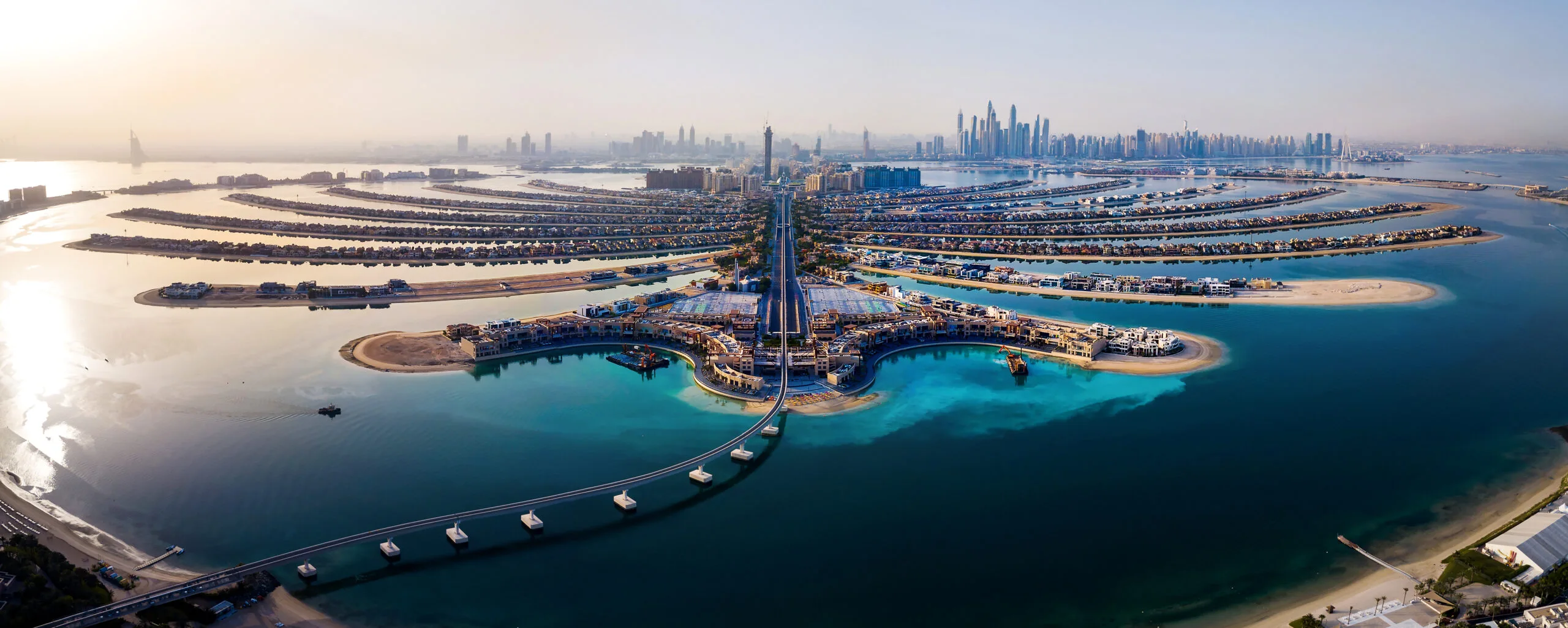
One of the Middle East’s leading real estate advisory groups and property consultants
Latest Insights
An immense commitment to Public Private Partnership (PPP) There is no doubt that Saudi Arabia is now home to one of the world’s largest and most successful Public Private Partnership (PPP) programmes. From early water and cogeneration projects (where gas-fired plants simultaneously produce electricity while capturing waste heat for industrial steam) launched in 2003, followed by electricity projects and the […]
Dubai’s retail and warehouse markets delivered a strong performance in Q3 2025, supported by resilient demand, constrained supply, and improving investor confidence. Retail sales activity accelerated sharply during the quarter, with transaction volumes rising quarter on quarter and total deal value surpassing the AED 1 billion mark for the first time in a single quarter, driven primarily by robust off-plan activity.
Oman’s hospitality sector demonstrated robust performance in the first nine months of 2025, supported by strong domestic and international demand. Airport traffic reached 11.2 million passengers, while guest volumes in 3-5 star hotels rose to 1.7 million, representing a 9% increase compared with the same period last year. Occupancy levels strengthened further, reaching 52.8%, a notable 13.1% growth over 2024, signalling that the market is effectively absorbing demand even during shoulder months. Meanwhile, average room rates (ARR) remained broadly stable, indicating that hotels are focusing on maximising occupancy and optimising inventory utilisation rather than pursuing aggressive rate increases to drive revenue growth.
Saudi Arabia's economy continued to deliver robust performance in 2025, with real GDP expanding by 4.3% in the first nine months of the year, driven primarily by the non-oil sector, which grew by 5.1% year on year. Reflecting this strong momentum, the International Monetary Fund (IMF) revised its 2025 growth forecast for the Kingdom upward to 4%, with a similar expansion projected for 2026.
